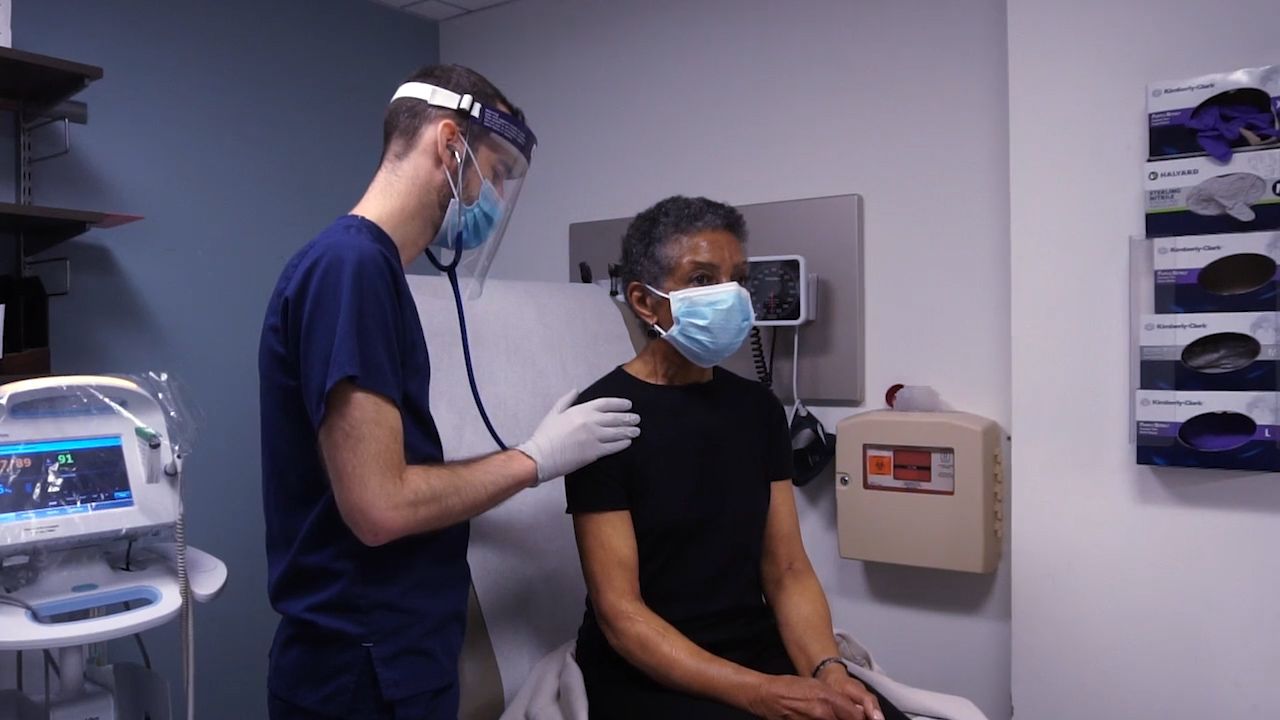TEXAS -- Most flu activity occurs in February and cases are mounting in Texas. Spectrum News’s Dr. Nicole Cross sat down with Dr. Lisa Gaw, a pediatrician and the director at Texas Children’s Urgent Care Westgate. Dr. Gaw talked about the current state of the flu. She also explained flu symptoms, when to seek medical attention, and the stories behind the data from the CDC:
- Texas is currently reporting widespread cases of the flu.
- Influenza B, which is not prevented by the vaccine, is testing at higher rates than A
- Influenza B affects children more than the elderly
- The flu has caused 32 pediatric deaths this season
- The good news is that hospitalization cases are down, largely because of the high rate of flu vaccinations this year
- It is not too late to get the flu shot, which is the best way to prevent, reduce the spread of and minimize the symptoms of the flu
The CDC offers these flu prevention tips:
- Avoid close contact: Avoid close contact with people who are sick. When you are sick, keep your distance from others to protect them from getting sick, too.
- Stay home when you are sick: If possible, stay home from work, school, and errands when you are sick. This will help prevent spreading your illness to others.
- Cover your mouth and nose: Cover your mouth and nose with a tissue when coughing or sneezing. It may prevent those around you from getting sick. Flu and other serious respiratory illnesses, like respiratory syncytial virus (RSV), whooping cough, and severe acute respiratory syndrome (SARS), are spread by cough, sneezing, or unclean hands.
- Clean your hands: Washing your hands often will help protect you from germs. If soap and water are not available, use an alcohol-based hand rub.
- Avoid touching your eyes, nose or mouth. Germs are often spread when a person touches something that is contaminated with germs and then touches his or her eyes, nose, or mouth.
- Practice other good health habits. Clean and disinfect frequently touched surfaces at home, work or school, especially when someone is ill. Get plenty of sleep, be physically active, manage your stress, drink plenty of fluids, and eat nutritious food.









